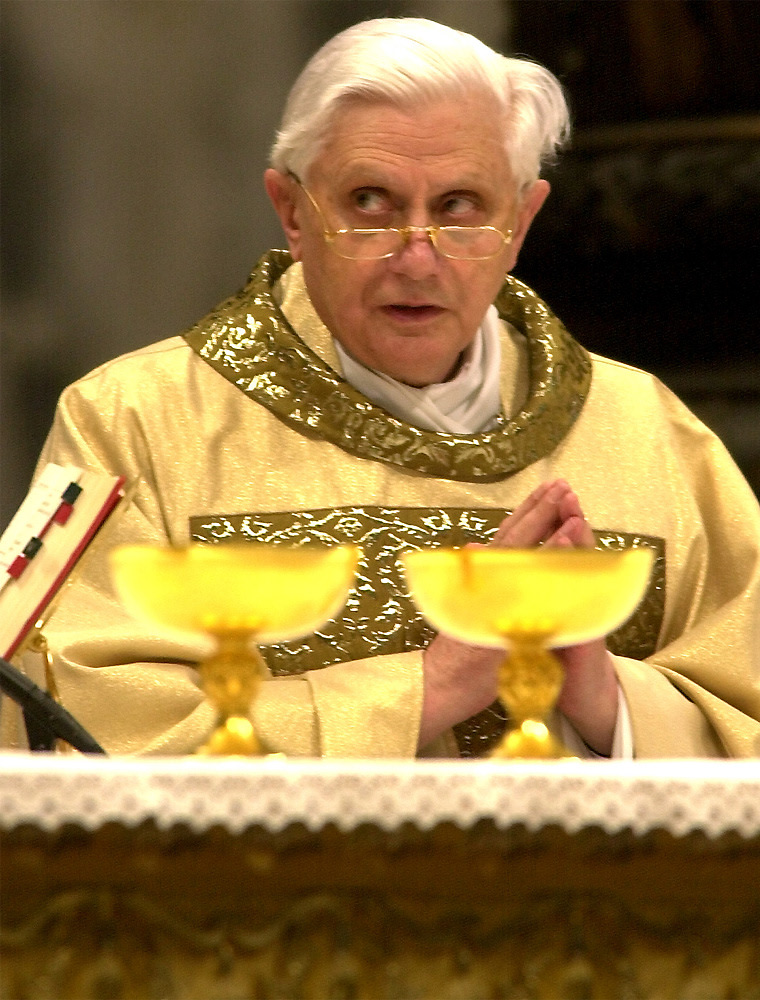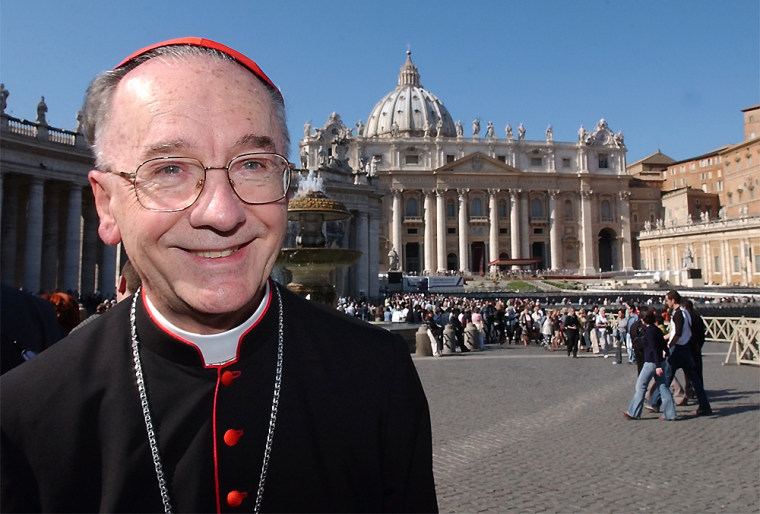At 84 and after 26 years in the papacy, Pope John Paul II has outlived many of the men once considered possible successors. Should he die or step down, there would be no clear favorite, making the question of papal succession as unpredictable as any in recent history.
With his age, frailty and medical problems — including Parkinson’s disease and knee and hip ailments — succession has been an issue facing the cardinals for several years.
One by one, age or death has eliminated men once considered to have the stuff to be pope, raising the possibility the cardinals could come up with a surprise much as they did when they elected John Paul — then a Polish cardinal — in 1978. He was the first non-Italian in 455 years.
Cardinals entering a conclave — 120 under the age of 80 are eligible to vote — will consider a number of factors including age, nationality and potential programs.
They may be looking for a so-called transitional pope after such a lengthy papacy, the third-longest in church history; a pope with Vatican experience or — instead — what they call a “pastoral figure” who can please crowds and feel comfortable with them; a firm conservative in John Paul’s mold or someone open to change.
The next conclave “will pretty much be the most wide-open in church history,” said John Allen, who has analyzed the papal sweepstakes in the book “Conclave: The Politics, Personalities and Process of the Next Papal Election.”
Wanted: ‘The best cardinal’
After John Paul’s election broke the Italian monopoly, Allen said, “they will no longer be looking for the best Italian but for the best cardinal, and he can come from anywhere in the world.”

About the only thing certain is that cardinals will select one of their own to be pope as they have been doing for centuries.
Signs already indicate a battle could take place among various camps, such as Latin Americans pitted against Italians.
On the theory the cardinals may seek a transitional figure, one name that has emerged in Rome is Cardinal Joseph Ratzinger, a German who heads the powerful Congregation for the Doctrine of the Faith.
He’s 77 and has proposed retiring several times to John Paul, but the pope has turned him down.
Potential contenders
Ratzinger is favored by those who want assurances the conservative policies of John Paul — opposition to contraception, women priests and any loosening of mandatory celibacy for priests — won’t be relaxed, according to a prelate who closely follows the succession maneuvers.
Another camp is touting Cardinal Oscar Andres Rodriguez Maradiaga of Honduras, who at 62 is seen as a dynamic churchman from Latin America.
Other prominent names mentioned include Cardinal Francis Arinze, a Vatican-based Nigerian; Cardinal Jorge Mario Bergoglio of Argentina; Cardinal Godfried Danneels of Belgium; Cardinal Norberto Rivera Carrera of Mexico; Cardinal Christoph Schoenborn of Austria and Cardinal Dionigi Tettamanzi of Italy.
Americans need not apply?
For Brazilian Cardinal Claudio Hummes, himself considered a papal contender, the next pope’s race or nationality isn’t as important as his ideology. The important thing, he says, is “to ask oneself who can best help the church and the world, now and in the future.”
But Chicago Cardinal Francis George does disqualify one group — his fellow Americans.
“An office like the papacy needs to be free. And to some extent, even the appearance of being in some sense captured by, as we say now, the world’s only superpower, would not be helpful to the mission of the church,” he told reporters in Rome during a 2003 visit.
